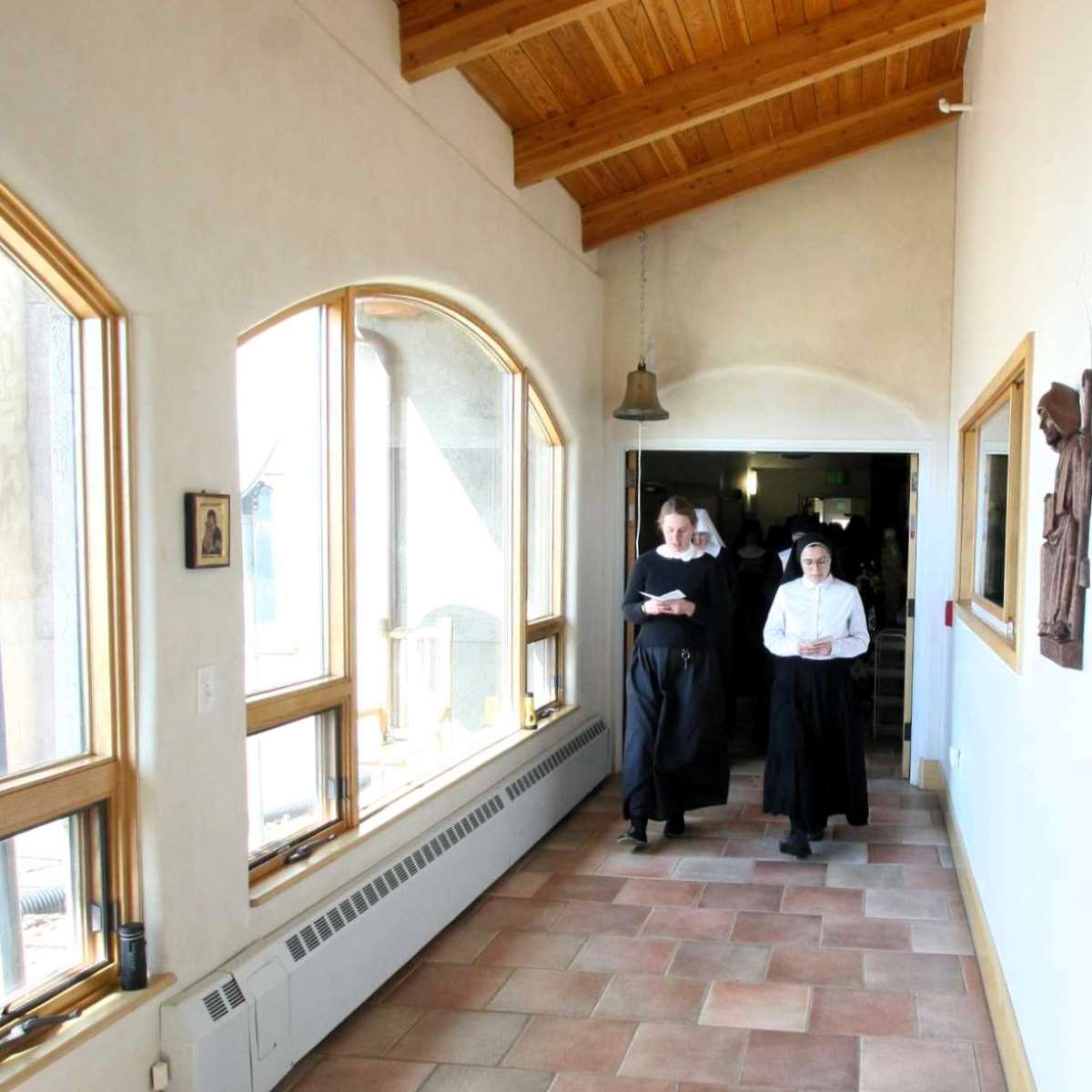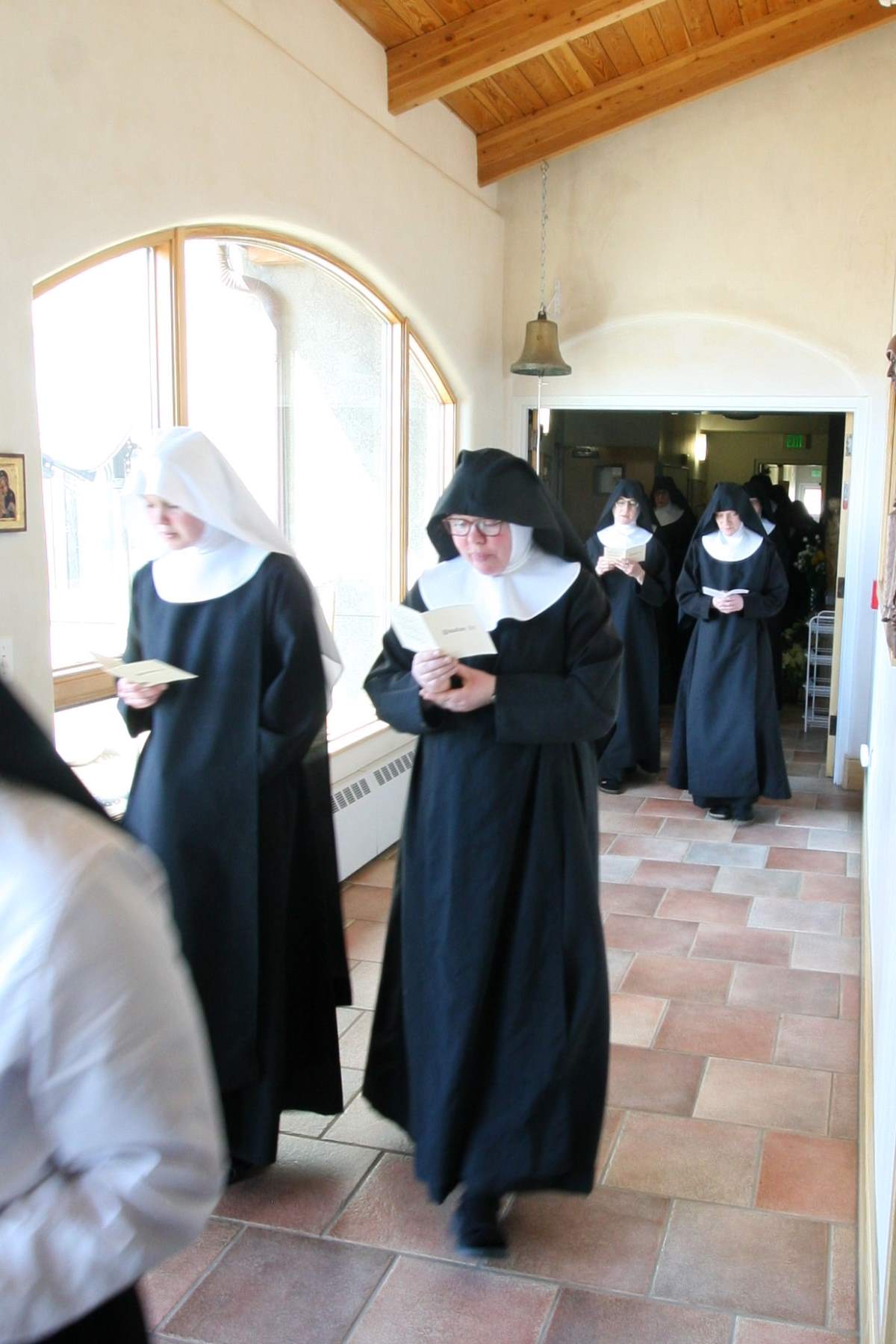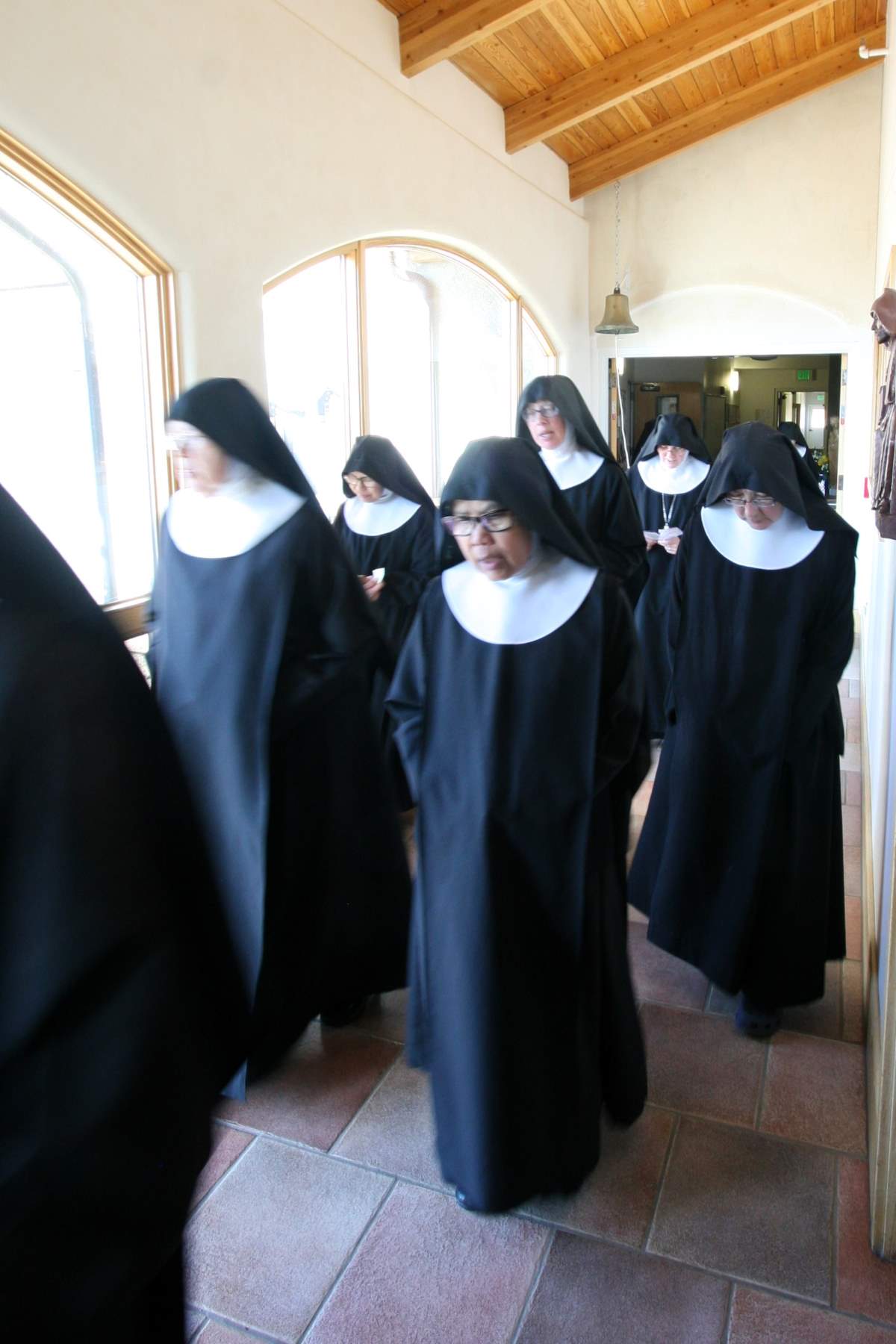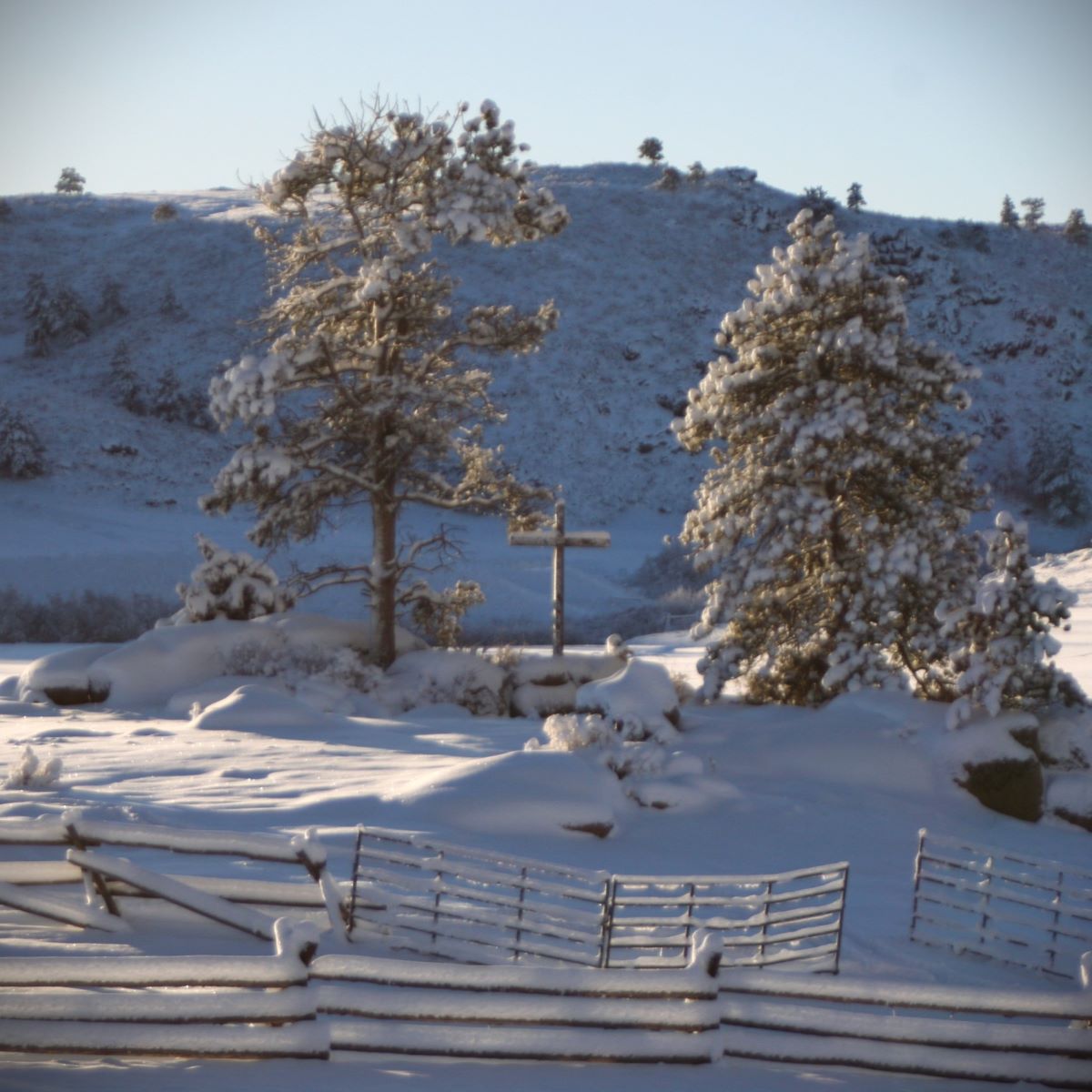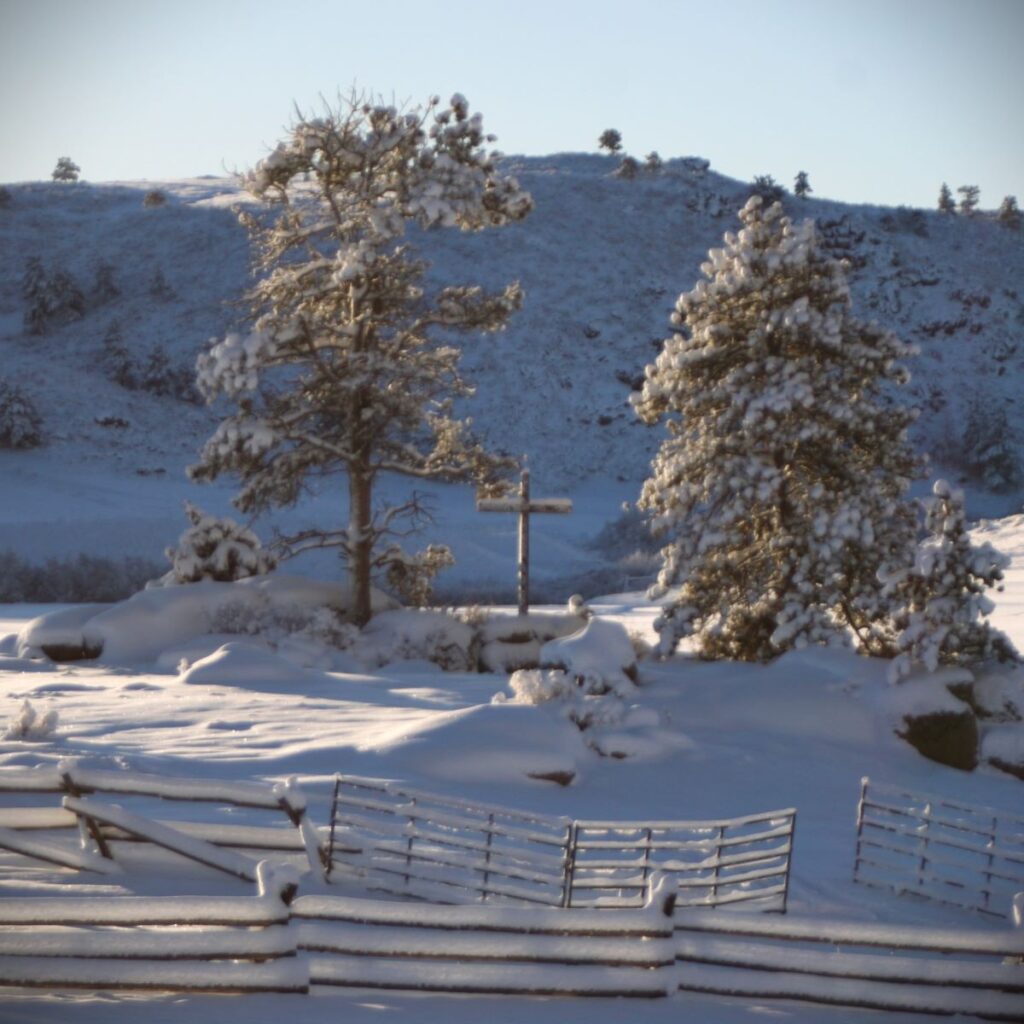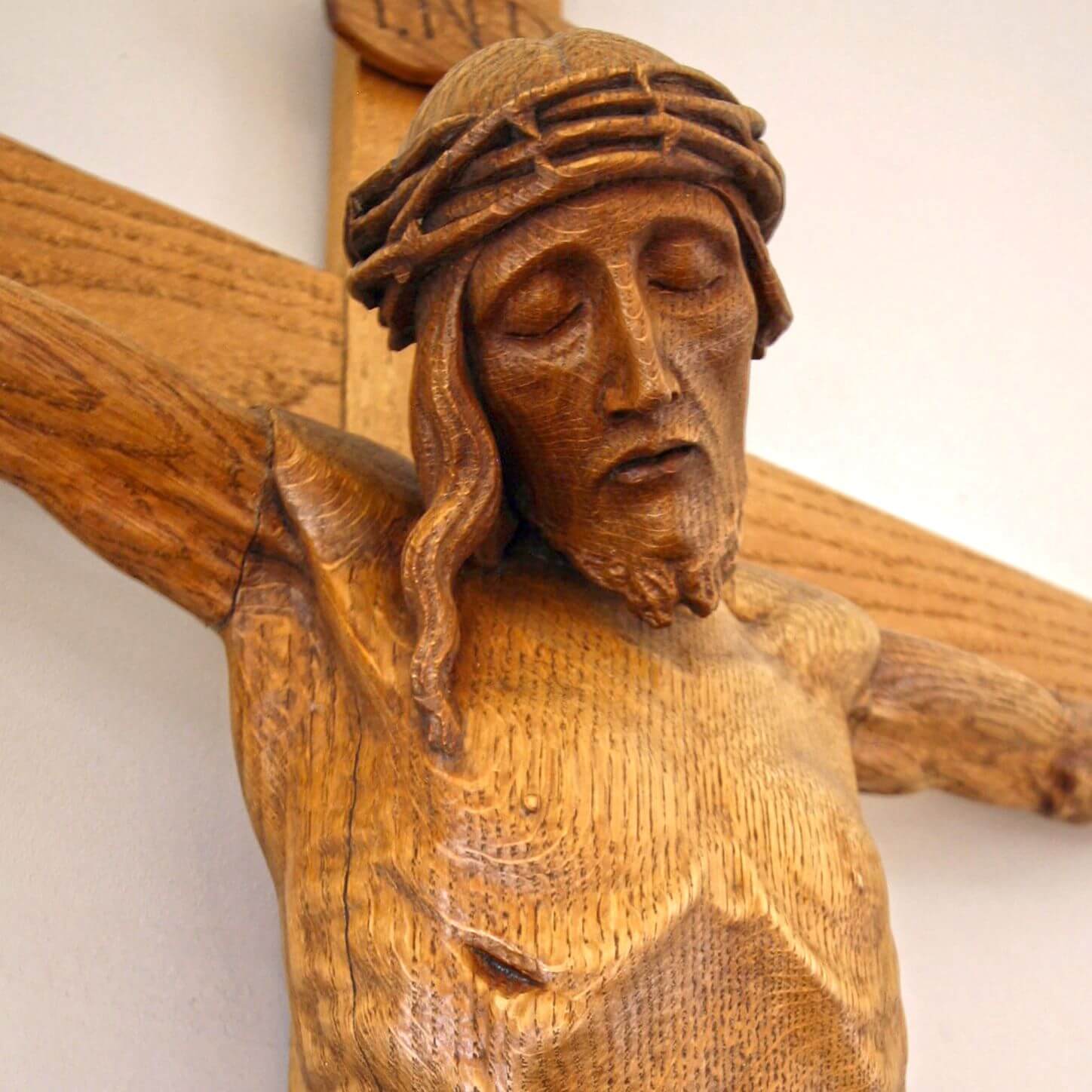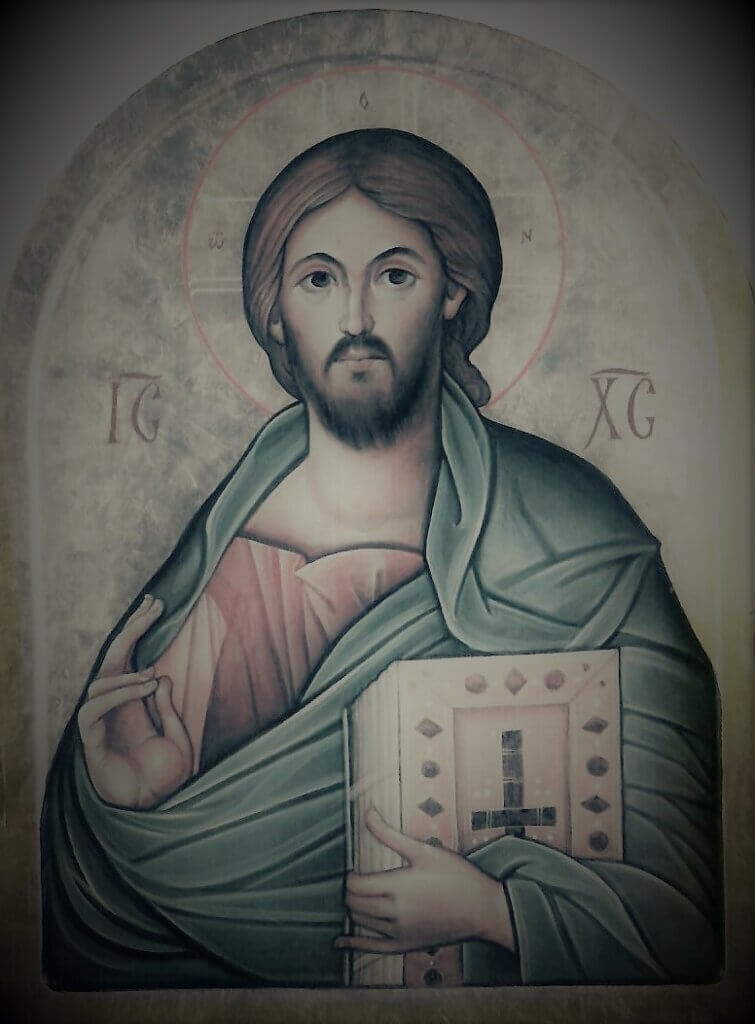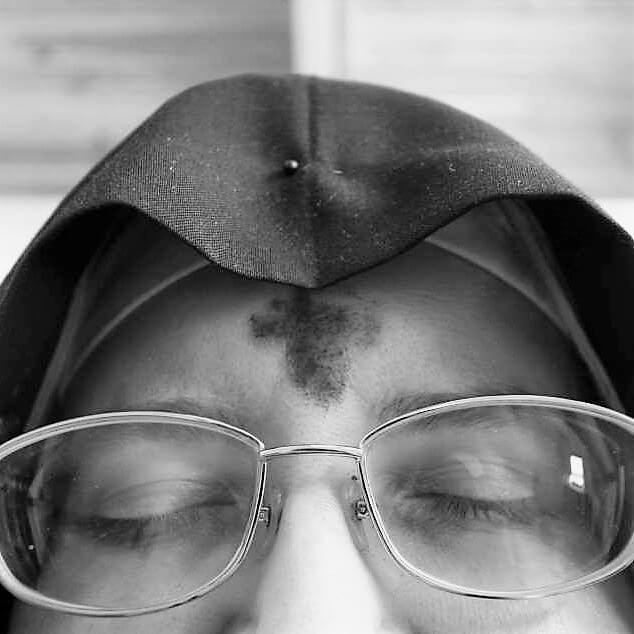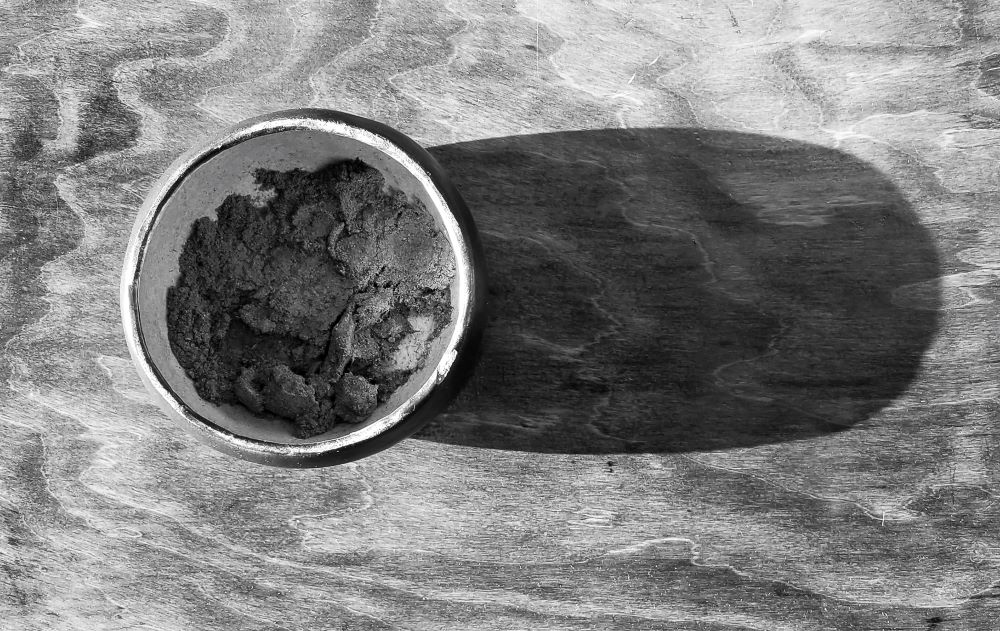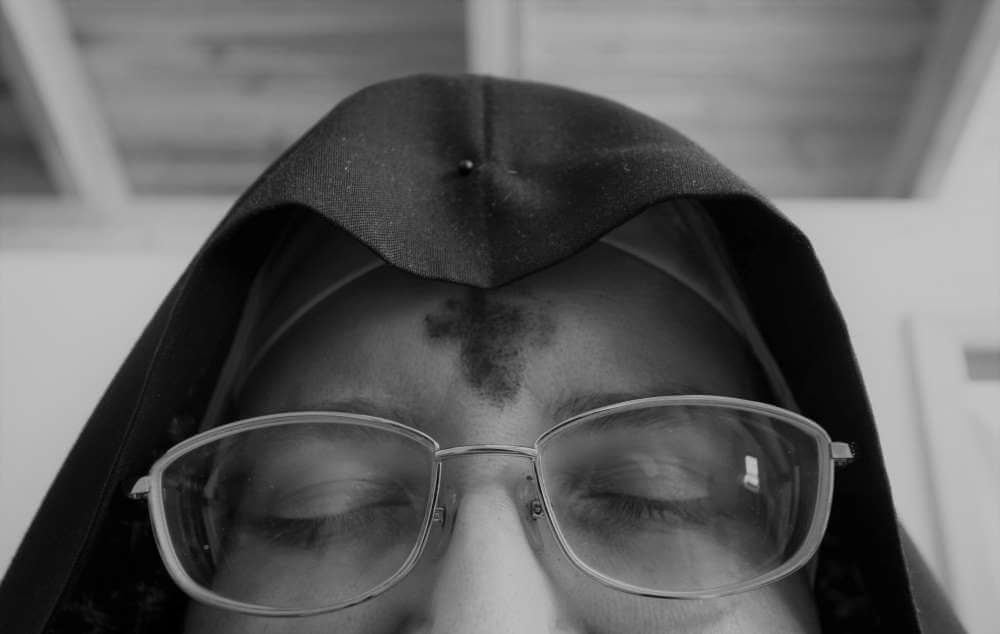A reflection by our Abbess, Mother Maria-Michael Newe, OSB
During the season of Lent, we traditionally process from our noon meal to the chapel to pray the Divine Office while chanting one of David’s penitential psalms
I have to smile when I read about Nathan pricking David’s conscience by telling him the dramatic narrative of the ewe lamb, and how Nathan likened David to the wicked man in the story who ate the innocent man’s precious lamb, which “shared the little food he had and drank from his cup and slept in his bosom…[and] was like a daughter to him” (cf. 2 Samuel 12:1-15). How dramatic! But David was humble enough to admit that he had done wrong. His conscience was very pure in the sense that when he knew he had messed up, he wasn’t afraid to say “I was wrong, and I’m sorry.” That is so noble. Admitting that we are wrong and sorry is something our culture doesn’t practice enough, in my opinion. But when we bring our faults out into the open (like in the monastic custom of having a regular “chapter of faults”), it often takes away the bitterness we feel towards someone when we know that they are aware of their offences. When you hear others admit their faults, you are more likely to feel for them and have compassion on them and try to help them, not condemn them. It just takes courage. It takes humility. It takes not making excuses, but just owning up to the truth. And living in the truth really makes you free.
David was a sinner, but he never turned his heart away from God. David’s son Solomon, on the other hand, who was once told by the Lord that He had given him a heart so wise and understanding that there had never been anyone like him, and after him there would come no one to equal him (cf. 1 Kings 3:12), actually turned away from God when he grew older to worship foreign gods. He did evil in the sight of the Lord, not worshipping God unreservedly, as his father David had done (cf. 1 Kings 11:1-10). So the Lord said to Solomon, “since this is what you want” – and I think that is the most frightening word of all – “and you have not kept my covenant and my statutes which I enjoined on you, I will deprive you of the kingdom and give it to your servant” (1 Kings 11:11). Solomon didn’t just fall; he wanted to. Should you fall, get up quickly! It can be good for you and keep you humble, if you respond like David did. But to fall as Solomon, whose heart belonged at first so purely to God, and then to turn to demons…this is a true sorrow. We have to pray for people in this situation today, because they never lose God’s love. They just don’t respond to it. If they would only respond, what joy they would give to God. We have to pray that they see where they have gone wrong and trust in God’s word of mercy for them, not the lies of the demons that they use to try to shame them.
As we learn from Solomon, it is so important to consider our desire. What do we want in life? What is it we want? What is our deepest desire? I think this is a good thing to think of, and to ask God to purify our hearts and help us to desire whatever He wants for us, so that we might be freed from anything that takes us away from Him and be ready to take His hands at all times, that we will be safe. If your greatest desire is God, He will hold you.
God gives you the grace every day to pick up your cross and follow Him. But you shouldn’t look ahead at your whole lifetime of crosses – According to Luke, Jesus specifically says that we should take up our crosses daily and follow Him (Luke 9:23). He gives you the grace for today. You can’t look at tomorrow’s cross and feel comfortable, because you have not received that grace yet. To pick up your cross daily is simply to desire to do God’s will. It is to pray, “I accept this day, and I accept what it holds for me. Whether the crosses be heavy or light, I will walk with Him.” You know, when you love somebody you just want to be close to them. Nothing else really matters. When you love them, all you can think of is being close to them. So if your cross is big or small today, He is carrying it with you, because He loves you. He is saying to you, “Will you share My life?”

